Update (2025)
I passed my Masters with distinction at the end of 2024. I wrote the contents of the article below at the beginning of my first year.
I thoroughly enjoyed the process and am looking at doing my PhD.
I didn't think I'd study again!
Like most of you, I feel like I spent WAY too many years sacrificing my time, money, energy (and sanity!) in the world of studying. Once I was done, there was very little chance I was going to jump back into it. It was not really planned.
As you know, when I find something that I feel would be interesting for you and your career thoughts… I share it. So that’s what I’m doing! In this case, perhaps a little more down-to-earth and ‘real’ discussion around research, what it is and isn’t, perhaps some misconceptions, and maybe a few things for you to think about!
So, what changed for me?
In the past year or so, with the work I do on mindset and strategy for accounting students, I’ve increasingly felt that I’m ‘missing’ something. Some skills, ability to properly synthesise and articulate the importance, impact and details of what I work with and what I believe.
I also realise that it’s really tough for people in the education field to take anything I say seriously, since I’m not ‘in’ the academic environment. This is a tough one, to be honest. The fact that you don’t have a qualification shouldn’t invalidate your beliefs, and doesn’t make the truth of your work any less, however, it’s tough to fight that perspective. On the other side of that coin, however, is the fact that everything I do is based on my own work and experiences, my own (informal) research, years of reading, observing, learning, interacting and scratching at concepts that most people don’t think of. It has been somewhat lonely!
So, I think it became a little more of a natural path to gravitate towards something that would help me further my work, and increase my skills and the ‘toolbox’ I have for the work I do with students.
A chance discussion, however, got the whole thing started, and somehow, somewhat unexpectedly, I started my Masters in Accounting in January this year (2023) at the University of Pretoria
A chat with Prof Elmar Venter
I had a chat with Prof Elmar Venter recently (You can see the rest of our discussion on my YouTube channel), and part of our discussion included my experience with the Masters so far:
What were the 'differences' I was talking about?
In the video, I discuss the difference between the Masters my husband, Richard did (He did his about 10 years ago), and mine. So what is the difference?
In his case, the Masters was very focussed on technical accounting. How the Standards are built, why etc. A whole bunch of coursework related to ‘actual’ accounting. And then obviously, his dissertation… which he did on something related to Deferred Tax (Still not quite sure what that’s all about!).
This absolutely would not interest me. I have no interest in the deeply technical components of accounting. I feel the profession is valuable for people, sure, but I’m way more interested in the benefits, impact and development of the PEOPLE, as opposed to the ‘subject-matter’. I care about how people learn the stuff they need to, how to improve their skills and thus their careers.
The Masters I’m doing is more about learning the skills of HOW to do research. From quantitative methods (Yeah, the statistics I was always happy I never covered in my degree!), qualitative research (that’s been SO interesting to explore!), experimental research design, and just learning about how things work, and in a way, how to learn. This is sparked my interest WAY more than any technical stuff would, and I am absolutely loving the experience. I wish I’d developed these skills earlier!
Am I planning on being in academics?
We do generally feel that these levels of study are focussed on those who will enter an academic career. I have no idea what awaits me in the future, so I can’t really tell. However, this was not the purpose for which I signed up. I feel that these skills are super-valuable for me, regardless of where I land up.
What unexpected research have I found?!
In the chat we had above, I mention a few bits of research I found pretty amusing… mostly because I did NOT expect to find stuff like this. I guess I’ve always seen ‘research’ as some seriously smart, unattainable, somewhat foreign concept that would be great to fix your insomnia… so let me give you a few examples of stuff I’ve found pretty interesting and unexpected…
Basically, a study on whether the placement of pictures in accounting textbooks help students learn better. eg: Do decorative images at the beginning of the chapter help learning? Or get in the way of learning.
Yes… someone is responsible for ACTIVELY researching whether your accounting textbooks are better off being SUPER-boring to page through!
See the article here
(You only need to read through the ‘abstract’ to get the gist of it all!)
Yeah, pretty much what the heading there says… if the CEO of an audit client is a narcissist, does this impact how the auditor works?!
I think this is super-fascinating, and a real-life consideration when we’re auditing. Peoples’ personalities DEFINITELY impact how we do our work, how we respond, what we assume is and isn’t happening. This was fascinating.
Basically, a study of whether, and when audit managers encourage or ‘force’ audit clerks to underreport the time spent on audits, in order to come in under-budget. (anyone in audit for ANY length of time will probably roll their eyes at this one and ask “Did we need a formal STUDY to know this?!”
The interesting part here was more about WHY… often, the pressure was more around wanting to stay on the ‘good’ audit clients, and so having a higher incentive to come in on budget. (‘Good’ client sometimes being as simple as ‘close to home, so not too far for the audit manager to travel’)
And the fact that while audit managers were found to often do this, audit partners were less likely to encourage this.
Yes, the Sheldon from The Big Bang Theory! The idea here being that theory seems to indicate that people with a Fixed mindset generally have a pretty fragile sense of confidence. (They’re always worried they might fail, might look stupid, might get stuff wrong etc… which impacts confidence levels). This study used Sheldons’ character as an example / analogy for the fact that fixed mindsetters may actually have high levels of confidence.
(You probably don’t find the concept as interesting as I did… but the reference to the sitcom in the TITLE of the study… I found pretty funny!)
A survey done on whether using humor in the classroom improves learning
Is the stereotype of accountants entrenched, and to be found in popular culture jokes?
(Yes, someone is researching accounting jokes!)
What’s the take-away for you? (and me!)
Research is really (really!) broad, and is based on your interests, beliefs, passions and real-life interactions and occurrences, as opposed to ‘just’ the technical details that you may be covering in your classes.
Whether you plan to study further or not, I don’t want your interests to be limited to the stuff in your syllabus, and your thinking to be boxed and dictated by your exams.
The world is fascinating! Go explore it! Spend less time on mindless escapism, celebrity-following, mindless entertainment (and cat memes!), and more time discovering the real world and finding stuff that really interests you!

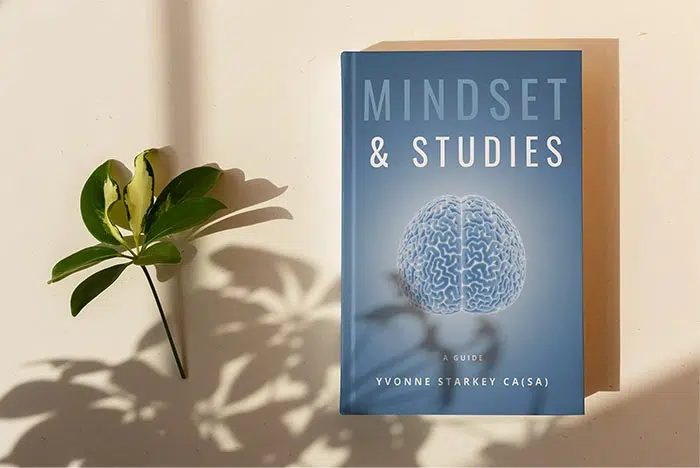



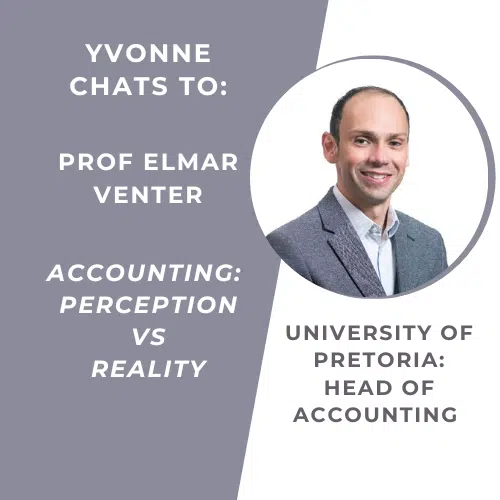

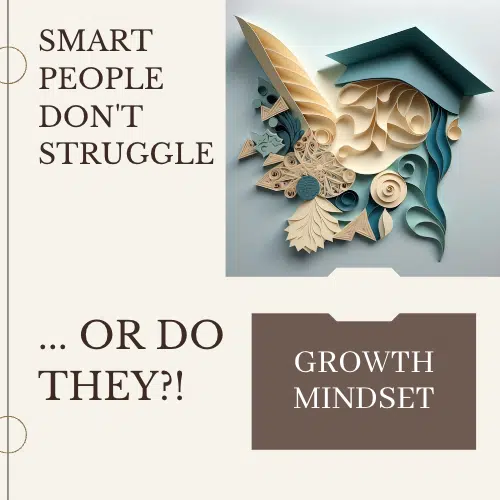
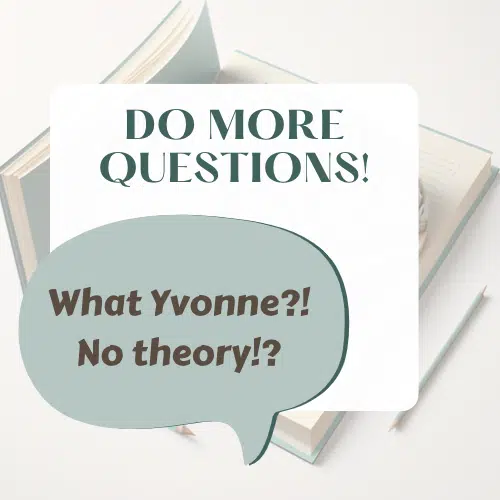
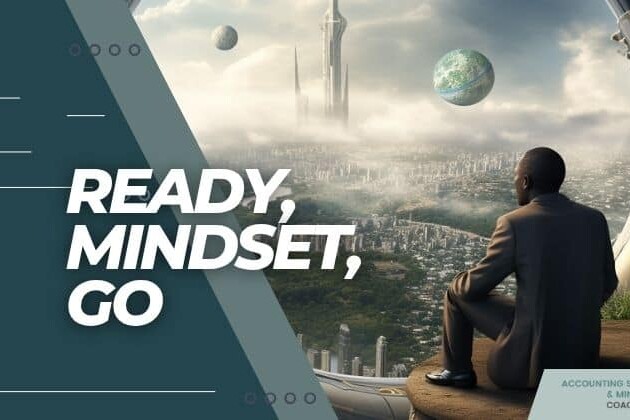



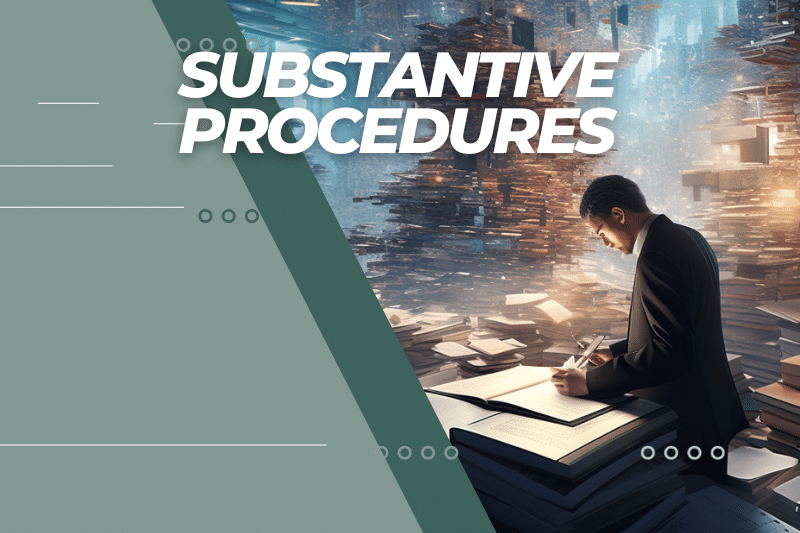

2 Comments
Inspiring post.Wanting too to pursue Masters in Accounting yet struggling to come up with a research topic that I can really relate to.
Oooooh… Interesting. 🙂 I think you may find that most Masters programme registrations for 2024 are closed, but you can always ask around if you’re keen.
SAICA’s qualification path really doesn’t address / raise research AT ALL. It’s quite interesting that in other countries, you’re introduced to research skills in your undergrad, so you can start thinking about that a lot earlier. For us in SA, it’s not even on the radar. So it’s not surprising that most students don’t even think about research, and those that do, don’t really know where they’d begin!
I’m doing mine through University of Pretoria, and I really like the way they’ve structured their Masters, because they recognise the challenge you have and spend the first year introducing you to research skills, theories, concepts etc… which helps you think about what you might want to research. So, you don’t need a research question to start with. Many Masters courses focus on technical accounting concepts, as opposed to getting you to think about research and research areas in general… so it’s good to look into the different ones so you can get a feel for what it is that you’re attracted to.
I recorded a video a while back on one of the papers I found really interesting, you may want to check it out…https://youtu.be/N2LQXFWmvHQ?si=DyqAlnk3f8ScYf7M
The reason this may be valuable for you is to ‘open’ up your thinking a little about what ‘stuff’ you could consider researching. One of the areas that I’ve found really interesting is the behavioural stuff around accounting. How do people make decisions? Do they ‘see’ the IFRS stuff the way it’s ‘intended’? Do investors ‘know’ what the AFS is actually trying to communicate? HOW are decisions made? The paper I used for this video relates to the impact of personality traits in the auditing process. I found it fascinating (And a little amusing!)
You can also see more of the chat I had with Prof Elmar Venter, head of accounting at UP, and the discussions we had about what accounting research can involve (If you haven’t seen it already) https://youtu.be/W6c2JP-DIeI?si=nhfnWsiXIpMZ3Idp
These are good places to start… you can always email me if you have more queries. I recommend chatting to universities, trying to find other people who’ve done their Masters, where they did it, what they got from it etc… and also… start thinking about ‘stuff’ that you find interesting, within your subjects, and just in life in general 🙂